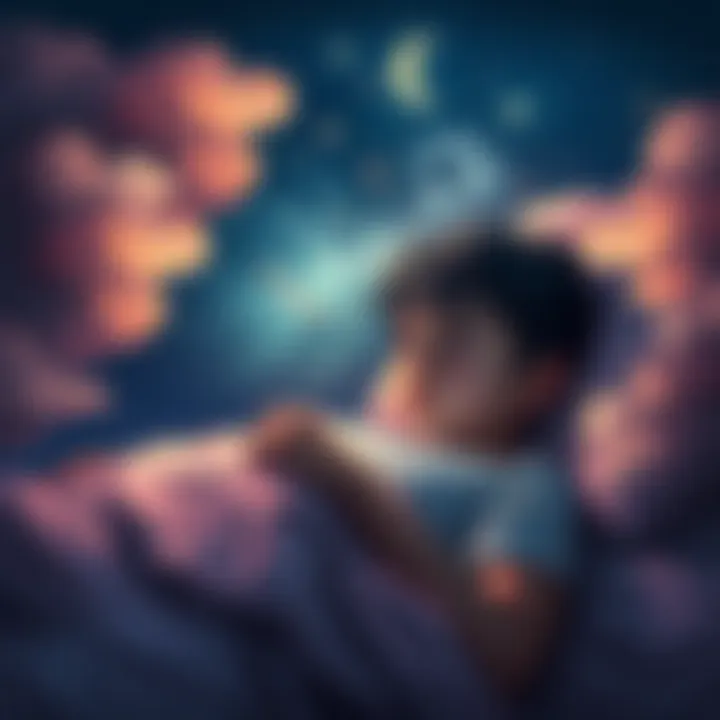Lucid Nightmares: When Dreams Turn Disturbing | Alarming Experiences Shared

A surge in discussions on lucid nightmares is sparking concern among people, as fresh accounts of frightening incidents flood forums. A 16-year-old's unsettling dream experiences are at the center of this conversation, raising questions about the psychological and emotional toll of these nocturnal terrors.
The Journey into Nightmares Begins
The featured dreamer, with six years of lucid dreaming expertise, pushed boundaries during recent attempts, reporting, “I tried to see how many fake awakenings I could do—I started and I couldn’t escape for a long time.” His unsettling experience echoes shared sentiments among many.
Eye-Opening Insights from the Community
People are reflecting on their own twisted experiences through comments. One individual shared a harrowing story of feeling watched at night, leading to a terrifying encounter that blurred the line between reality and subconscious. They described an unsettling figure, saying, "I made eye contact with a black figureas if they weren’t a figure but someone wearing a black, flat costume". This account fits into a broader pattern emerging from participant narratives.
Key Themes Identified
Coping Strategies: Many are developing their own responses to nightmares. One user stated, "I spontaneously become lucid as a result of nightmares"—indicating several find ways to regain control within their horrifying dreams.
Increased Fear: Several comments noted heightened anxiety around sleep, as people recalled feelings of discomfort and terror. A commenter remarked, "Every night I fall asleep with the fear that someone is behind me."
Humor Amidst Horror: While some unpack deeper fears, humor occasionally breaks through. A person said, "When I have a lucid nightmare, I try to make it scarier every time"—illustrating the varied reactions to these unsettling dreams.
“The communal approach fosters support and shared understanding.”
Emotional Impact Recognized by Many
Most contributors reported lingering negative effects after escaping their nightmares. One noted, "I could still feel all the places I was dismembered for hours," highlighting the emotional scars these nocturnal experiences can inflict.
Through shared experiences, the community is building a sense of togetherness and understanding amidst these frightful incidents. Many are proactively seeking advice, with one person asking, "I’m trying to force myself into a lucid nightmare for my research. Is there anyone who can help me?"
Key Insights
▽ 85% of people report negative emotional aftereffects following lucid nightmares.
⚠️ Increased feedback about the potential of technological solutions like the Lucidme mask emphasizes curiosity around new methods of managing sleep disturbances.
🗣️ “My first experience ended in sleep paralysis”—a common fear echoed by others.
As interest in lucid nightmares grows, so does the need for effective coping mechanisms. Experts predict advancements in technology could change the way people handle their nightly horrors. Will these innovations provide the relief many are desperately seeking?
Future Prospects in Sleep Management
Experts project that by 2030, more than 30% of dreamers may turn to devices like the Lucidme mask to help regulate their experiences. As awareness increases about the psychological impacts of nightmares, additional platforms offering solutions may emerge, combining technological and communal support. This blend might empower individuals to manage their nighttime fears more effectively.
